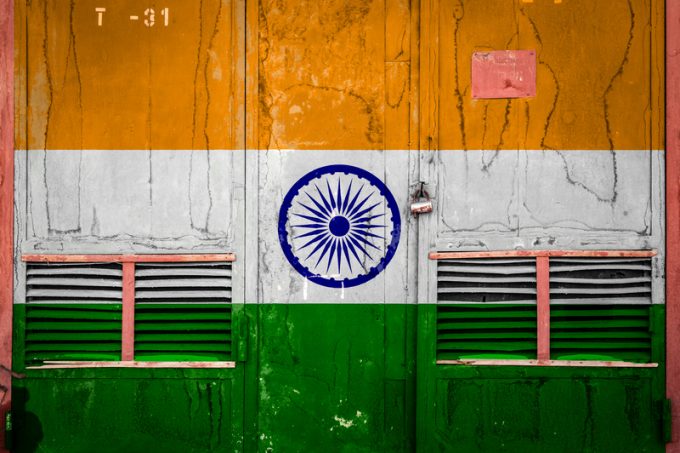India ready to lower US tariffs in exchange for concessions
India has agreed to the US Terms of Reference for the bilateral trade agreement, after ...

China and Malaysia could lose up to 20% of the $100bn global electronics repair market as major companies begin to test processes in India – with shipping demand likely to grow as a result.
New Delhi has rolled out an industry-friendly pilot programme to boost its electronics repair services outsourcing (ERSO) capabilities, targeting large manufacturers looking to shift production from China.
It will relax Customs and e-waste rules, according to local media, allowing companies to ship consumer electronics and telecoms equipment ...
Asia-USEC shippers to lose 42% capacity in a surge of blanked sailings
USTR fees will lead to 'complete destabilisation' of container shipping alliances
New USTR port fees threaten shipping and global supply chains, says Cosco
Outlook for container shipping 'more uncertain now than at the onset of Covid'
Transpac container service closures mount
DHL Express suspends non-de minimis B2C parcels to US consumers
Zim ordered to pay Samsung $3.7m for 'wrongful' D&D charges
Flexport lawsuit an 'undifferentiated mass of gibberish', claims Freightmate

Comment on this article